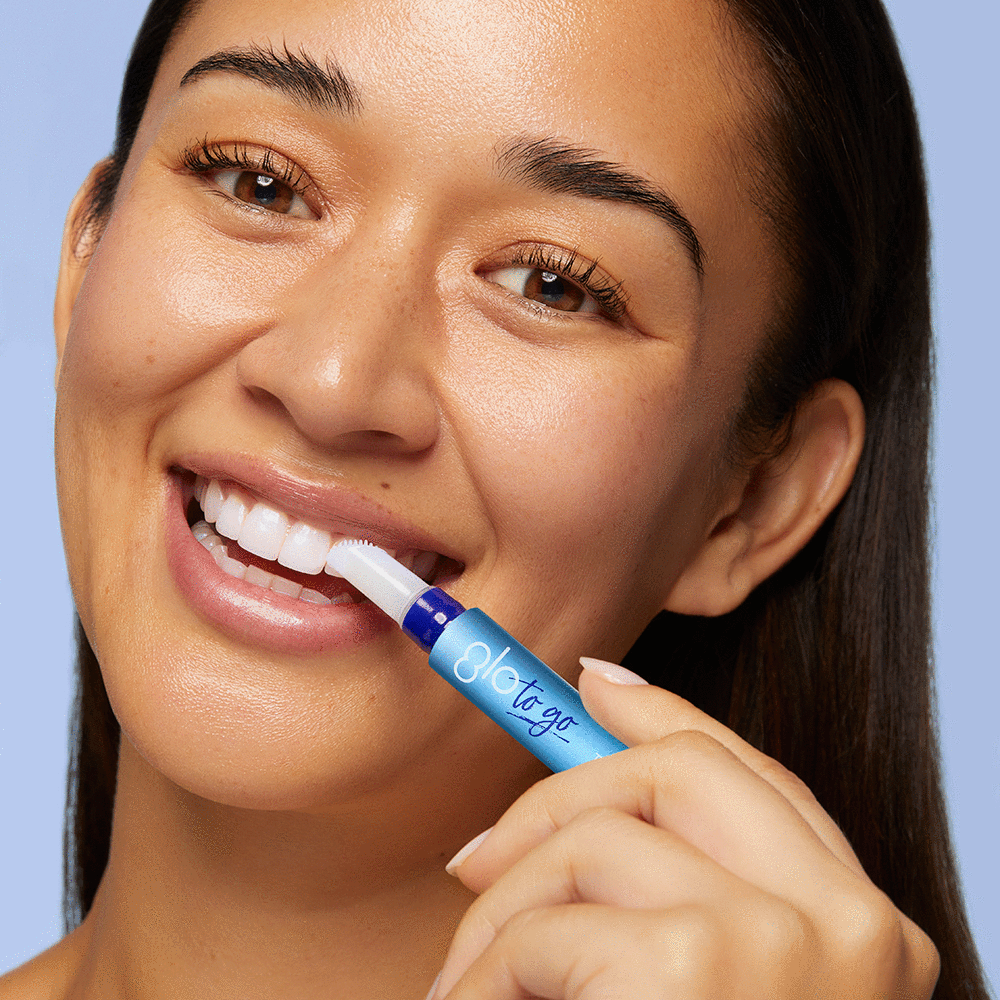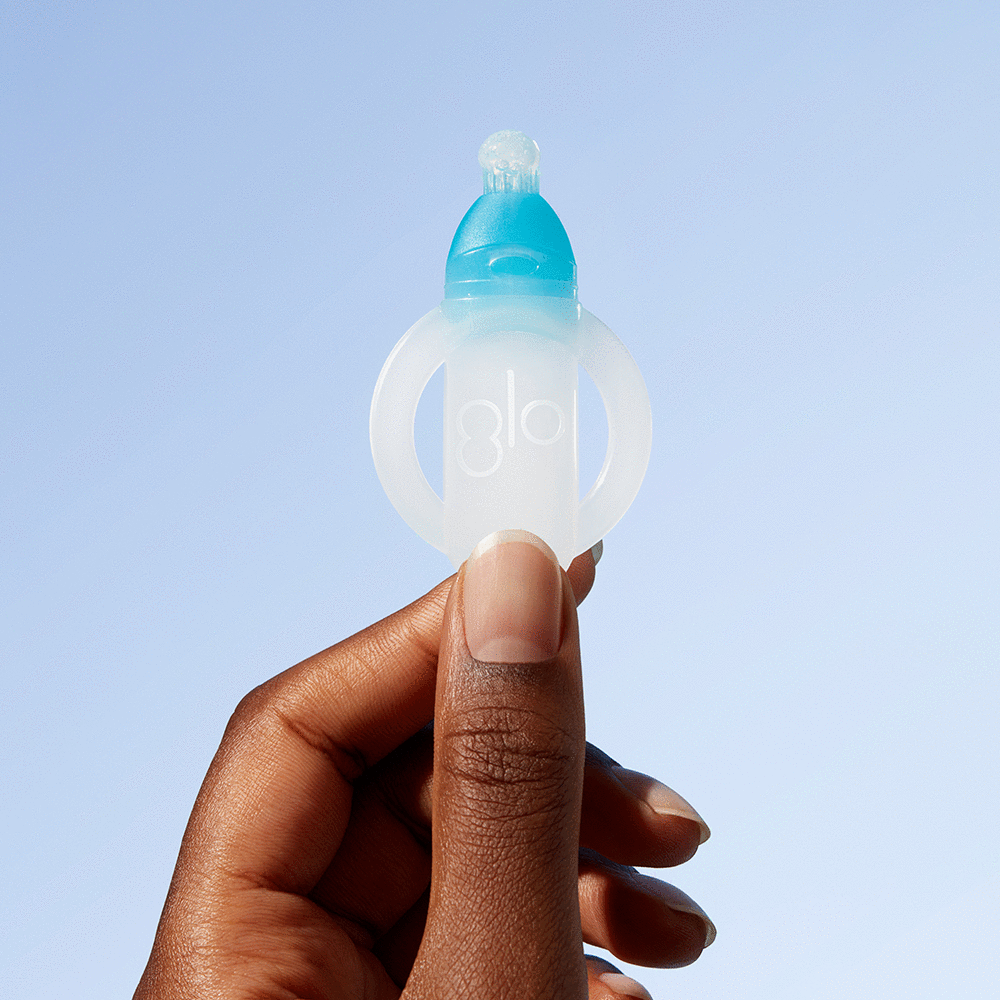Though you’ve probably heard of the alkaline diet, you may not know what it is. The diet is based on the idea that what you eat can affect the acidity or alkalinity (pH) of your body. Supporters claim that alkaline diets help prevent disease and weight gain.
Acid and alkaline are measured on a pH scale of 0–14, with 7 being neutral and anything below 7 being acidic. When balancing pH levels in the body, proponents of the diet say you should try to eat more alkaline foods than acidic foods. These proponents believe an unhealthy balance can lead to weight gain, poor sleep, chronic fatigue, digestive problems, irritability, kidney stones and other health issues.
The popularity of the alkaline diet has ebbed and flowed over time due to wildly differing opinions on its benefits. The American diet is far too acidic. Studies have shown that switching to an alkalinizing diet may benefit bone health; reduce muscle wasting; improve cardiovascular health, memory, and cognition; and enhance Vitamin D activation in the body. All of these mechanisms work in tandem to keep your body functioning as it should. Alkalinizing foods also happen to have tremendous benefits for oral health, protecting the mouth from gum disease, tooth decay, and even bad breath!
The Alkaline Diet and pH
There's a relationship between pH and food that is often overlooked. In fact, many people are unaware they have any control over their bodies' pH, let alone their mouths'. When the pH of the body is too low, acid is able to accumulate, leaving the body susceptible to disease states. A higher pH, on the other hand, protects the body from disease. How can you restore the pH balance in your mouth? This is where the alkaline diet comes in. Alkaline foods, foods without lots of acids, are easier for your digestive system to process. The added benefit is less acid in your stomach means less acid in your mouth, which means fewer cavities!
We know what you're thinking: "I can't be bothered with this alkaline stuff. It sounds like a lot of work." You may be right! Only one thing's for sure: the longer you wait, the more acidic your saliva will be and the more likely it'll break down tooth enamel, leading to cavities and decay.
Alkalinizing vs. Acidifying foods
As we've discussed, acidity is the enemy of good oral health. So you might be wondering—what foods are alkalinizing, and what foods are acidifying?
-
Acidifying foods: meats, dairy products, coffee, alcohol
-
Alkalinizing foods: most fruits (not cranberries or plums), leafy green vegetables, nuts and seeds (particularly almonds)
Generally speaking, the more refined a food is, the more acidifying it is likely to be. For instance, raw oats are much better for your teeth than processed granola bars from the gas station. Similarly, a whole apple is better than applesauce. It's not that you can't eat any of these things at all if you want to preserve your teeth; just don't rely on them as an exclusive source of protein or nutriment. Keep in mind also that some foods affect different people differently. A food that makes one person belch may not have the same effect on another person.
As with everything, balance is key. A diet of 75% alkalinizing foods and 25% acidifying foods is ideal, since some acidifying foods--such as dairy products and protein--promote strong bones and good overall health.
Alkaline Diet Health Benefits
It turns out that what we eat and drink is a strong indicator of oral health. For example, citrus fruits are high in citric acid, which can erode tooth enamel, causing dental cavities. However, some diets may benefit the mouth and teeth in general, including the alkaline diet.
The alkaline diet encourages a healthy food intake that helps balance the pH levels in our body. One way this is done is by consuming more plant-based foods like fruits and vegetables. The alkaline diet also avoids processed foods (such as those with artificial coloring), dairy products, meat, eggs and refined sugar. In fact, even drinking water has an effect on our pH levels; however, it's unlikely you'll be able to consistently consume enough water to affect your internal pH. That's where the right foods come in!
Alkaline Diet and Oral Health
Most healthy habits are not only good for your body but for your mouth as well, and the alkaline diet is no exception. An excess of acidifying foods is a nightmare for your oral health. Acidifying foods eat away at the enamel on your teeth, the hard, mineral layer that covers them. Once the enamel is damaged or destroyed, it doesn’t grow back, leaving teeth unprotected from acids and plaque. Alkalinizing foods do just the opposite, neutralizing acids in the mouth and protecting teeth.
An alkalinizing diet can also protect your mouth from the harmful effects of periodontal disease, a chronic inflammatory disease that affects nearly half of all Americans. It just so happens that the Gram-negative bacteria that cause periodontal disease prefer a more acidic environment, while the Gram-positive, “good” oral bacteria thrive in a more alkaline environment. Maintaining a diet with the right amount of alkalinizing vs. acidifying foods causes the pH of the oral environment to shift toward alkalinity, which provides a healthier homeostatic balance of good vs. bad bacteria. The combination of eating alkalinizing foods, drinking plenty of water (about 8 glasses per day), and practicing proper home care through brushing and flossing prevents an excess of harmful pathogens and leads to a healthier mouth. Maintaining an alkaline oral environment also freshens breath, since the same bad bacteria that cause disease are also responsible for bad breath.
By following an alkaline diet, you will be consciously minimizing your intake of all kinds of acids which can help prevent cavities and restore the pH balance in your mouth. In addition to cutting out processed sugars and sodas, this means rethinking your consumption of lemons, limes, grapefruit, oranges, and other citrus fruits.
Instead of these acidic items, opt for alkaline-rich foods including vegetables like broccoli and spinach in addition to nuts like almonds or cashews.
Conclusion
This article has covered the benefits of the alkaline diet by examining its connection to oral health.
Being conscious about the kinds of foods we consume is an easy way to live a healthier lifestyle. You’ll be amazed at the difference a few dietary adjustments in the right direction can make. However, it's important to remember that this diet is not a surefire form of protection against cavities and gum disease. If you decide to shift your diet in this direction, it's still recommended that you visit your dentist regularly—the benefits of an alkaline diet are reduced if you don't take steps to ensure good oral hygiene. If you are looking to boost your oral hygiene at home, consider our ECO Balance toothpaste topper which is a great way to keep your oral pH balanced.
In addition, if you have any questions about whether or not the alkaline diet would be right for you, consult with a nutritionist or doctor who specializes in dietary concerns such as acid reflux.




